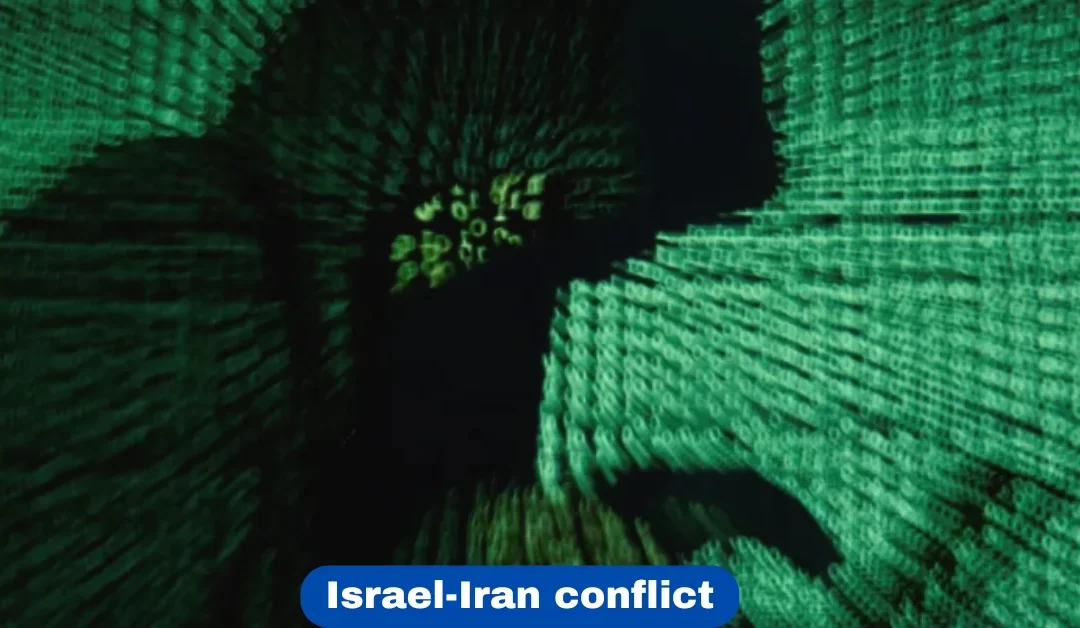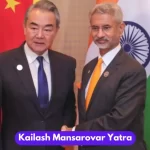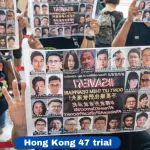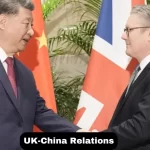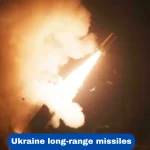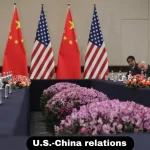The recent case involving CIA official Asif Rahman, charged with leaking U.S. intelligence about Israeli plans for strikes on Iran, has highlighted the ongoing secret battle between these two nations. This covert war of spying and counter-spying has been active for decades, showcasing both nations’ complex strategies.
Spies and Arrests
In October, the U.S. accused Asif Rahman of leaking intelligence to an Iran-based Telegram channel. While this channel denies ties to the Iranian government, the situation has embarrassed the U.S. after another case where Jack Teixeira was convicted for leaking Pentagon documents. The issue has brought attention to how Iran and Israel constantly try to outmaneuver each other through secret operations.
In the same period, Israel’s security agency, Shin Bet, revealed the arrest of 14 Israeli citizens suspected of spying for Iran. This included seven people from East Jerusalem and another group from Haifa. The suspects were accused of gathering information for Iran, showing that espionage activities within Israel are an ongoing concern.
Past Cases and Patterns
The arrests in October were not isolated incidents. Earlier in the year, Israeli businessman Moti Maman was also charged with collaborating with Iranian intelligence, allegedly offering to assassinate high-level figures, including Prime Minister Benjamin Netanyahu, for a fee.
Iran, on its side, has executed people accused of working with Israel’s Mossad. In December, three men and one woman were put to death for carrying out acts such as sabotage and the abduction of Iranian security personnel. The rivalry even affected Hezbollah, Iran’s ally, when Israel attacked its communication systems. This led Iran to arrest 12 of its citizens for alleged ties to Israeli intelligence.
The Role of Human Intelligence
Even though modern tools like electronic monitoring and social media analysis are valuable, traditional human intelligence remains crucial. Sina Toossi, an expert from the Center for International Policy, emphasized how human operatives are essential for gathering information and planning military actions. Recent arrests in Israel demonstrate Iran’s attempts to create human intelligence networks, a significant step in its broader strategic aims.
Changes in Israeli Society
Israel has traditionally been seen as a strong and unified society, making it difficult for foreign intelligence to penetrate. However, recent political and social changes have created vulnerabilities. Disputes over judicial reforms and internal political divides have weakened societal cohesion. This environment has made it easier for Iran to find and recruit informants, especially among groups like immigrants or Arab Israelis.
Defense analyst Hamze Attar noted that some of the arrested suspects were immigrants from Azerbaijan and Arab Israelis. This shows that Iran is exploring these societal gaps to increase its influence within Israel. If Iran can successfully recruit from these groups, it could open the door to further inroads into Israeli society.
Intelligence Methods and Influence
While Iran is making progress, Israel has a long history of using intelligence to influence events within Iran. Israel’s focus has been on disrupting Iran’s activities by conducting assassinations and sabotage missions. The killing of key figures and targeted strikes inside Iran show how deep Israel’s intelligence reach goes. These actions have had significant impacts on Iran’s security and military strategies.
The Power of Information and Deception
Intelligence wars are not just about gathering data; they also involve spreading misinformation. Iran has used false stories to trick its adversaries. By planting fake news that enemy agencies pick up, Iran can later disprove these reports to discredit those who fell for them. This strategy strengthens Iran’s position and reduces trust in foreign media.
Analyst Veena Ali-Khan pointed out that Iran has used this tactic effectively. There have been cases where reports in Israeli media, such as claims about the death or capture of Iranian officials like Brigadier General Esmail Qaani, were proven false. This not only embarrassed those who spread the misinformation but also boosted Iran’s credibility.
Both nations continue to rely on human intelligence, digital tools, and strategic deception. With new arrests and operations, it’s clear that the intelligence war plays a crucial role in their ongoing conflict.

